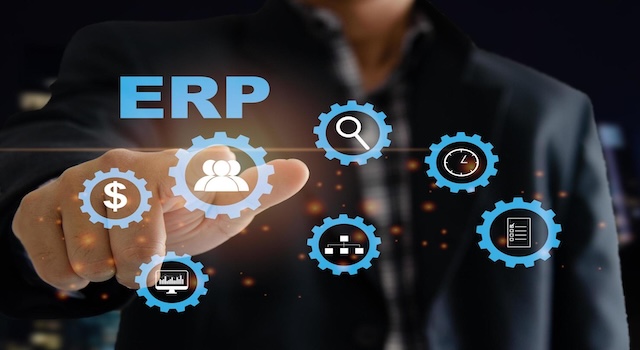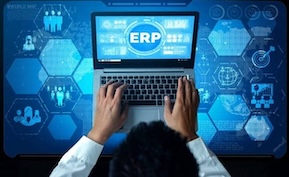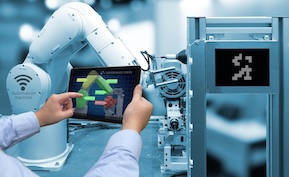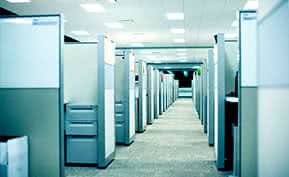Manufacturing ERP Maturity Report: Understanding the Digital Growth Curve
The Manufacturing ERP Maturity Report examines how manufacturers are progressing along the digital transformation journey and what separates early adopters from lagging organizations. It highlights how ERP maturity influences efficiency, decision-making, and long-term competitiveness across the manufacturing industry.
The State of ERP Maturity in Manufacturing
ERP maturity reflects how deeply an organization has integrated its systems, data, and processes. Many manufacturers remain in the early stages of adoption, operating with disconnected systems or partial automation. Others have achieved full integration, using ERP platforms to drive agility and real-time performance insights across their business.
Key Dimensions of ERP Maturity
ERP maturity spans several dimensions that collectively define an organization’s readiness for digital success. These include technology infrastructure, data management, operational integration, analytics capability, and workforce adoption. As these areas improve, organizations gain better visibility, stronger financial control, and more reliable forecasting.
Why ERP Maturity Matters
Manufacturers with mature ERP systems make faster, data-driven decisions and experience fewer operational disruptions. Mature ERP environments eliminate manual data handling, unify financial and production information, and provide executives with a single source of truth. This enables organizations to improve efficiency, reduce costs, and plan for growth with confidence.
Steps Toward ERP Modernization
Moving toward ERP maturity requires a structured approach. Manufacturers are starting with system integration, process standardization, and employee training before advancing to real-time analytics, automation, and predictive technologies. Each step increases control, accuracy, and scalability while building a foundation for continuous improvement.
The Future of ERP in Manufacturing
The future of ERP maturity lies in automation, intelligence, and adaptability. Artificial intelligence, machine learning, and cloud-based technologies are reshaping how manufacturers use ERP systems. Companies that embrace these advancements are better positioned to respond to market changes, optimize operations, and sustain profitability in a competitive global environment.







